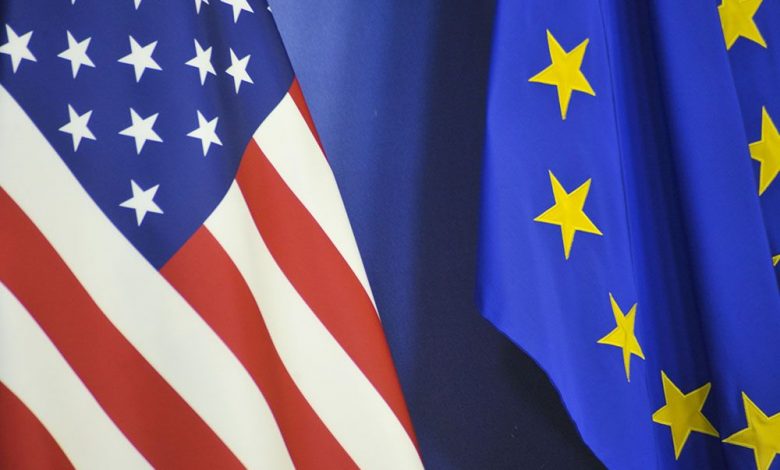
EU suspends tariff hike on US goods pending resolution of steel dispute.
US trade policy with the EU could change for the better under the Biden presidency. The increased tariffs imposed by the Trump administration remain in effect between countries. The EU has taken the first step towards meeting and is now probably awaiting the US decision to change the increased duties on European steel and aluminum.
On Monday, the US Trade Representative and the European Commission issued a joint statement of intent to reach a mutual solution to overcapacity in the steel and aluminum industries by the end of the year.
Under the decision of the Trump administration, since 2018, European manufacturers have paid increased duties of 25% on steel and 10% on aluminum, and they remain in effect today. After 100 days of Biden’s presidency, his team has not yet managed to cancel them.
However, the EU decided to temporarily not raise reciprocal duties from 25% to 50% on a wide range of US imports, which was to come into force on June 1.
It is a move by the EU towards the US with a signal that the Europeans seek to avoid escalating the trade dispute ahead of a summit scheduled for June with the heads of the European Council and European Commission, and US President Joe Biden.
The Trump administration, which imposed duties on steel and aluminum from China, India, Russia, Turkey, Norway, and Switzerland, attributed its decision to protecting national security, as the surplus of cheap imported products harmed American industries.
In his campaign program, Biden told the United Steelworkers Union of the United States that duties on steel and aluminum would remain in place until a global solution to steel overproduction is agreed.
The American Metal Supply Chain Institute representing metal importers believes the United States can move from duties imposing quotas on European steel and aluminum, similar decisions the United States has set with allies South Korea example.
A joint statement from Brussels and Washington also said the countries would work together to tackle the root cause of global overcapacity, promote high industry standards, and “require countries like China” to uphold these standards and other requirements for fair trade policies.